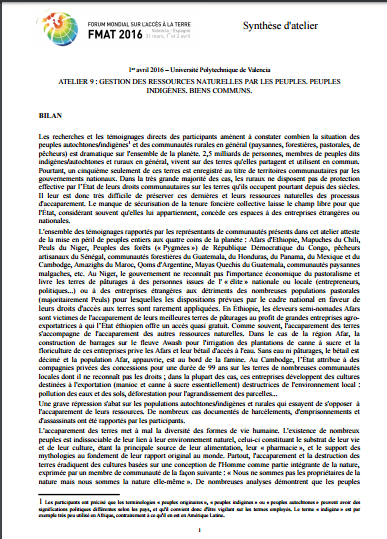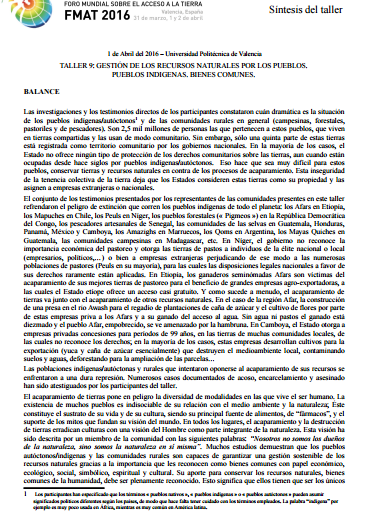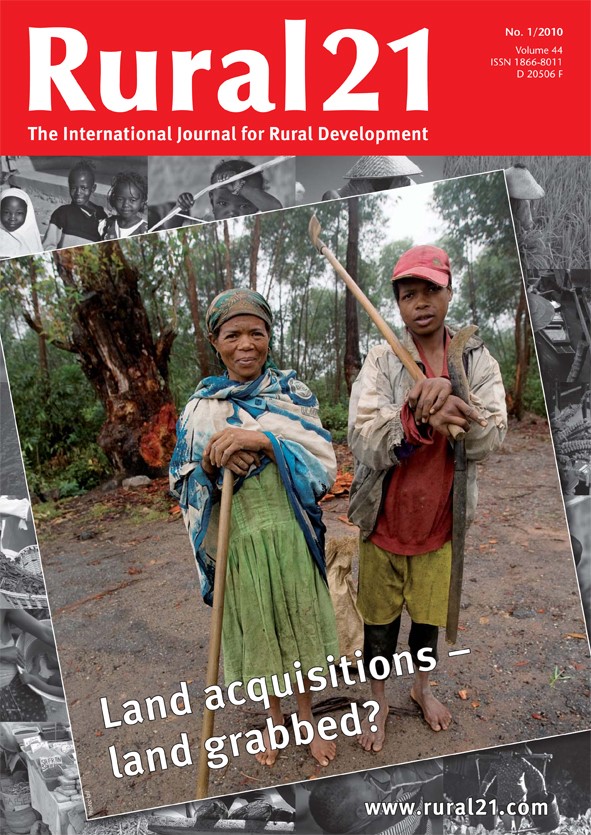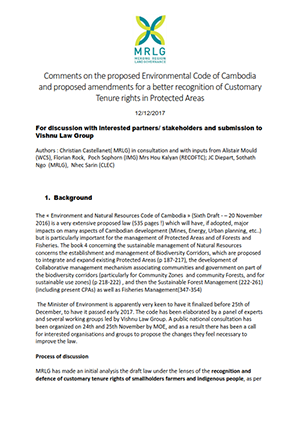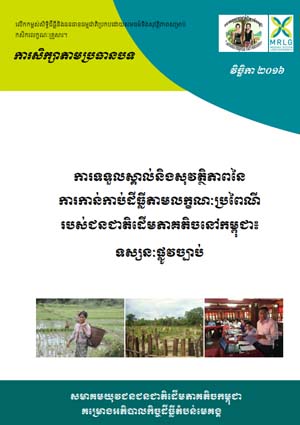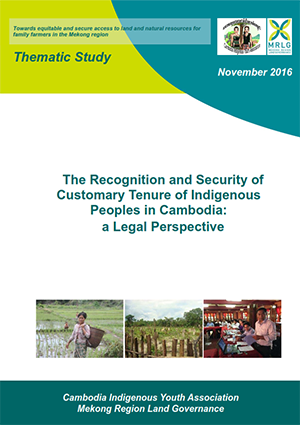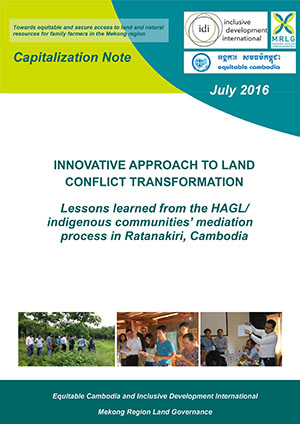Propiedad colectiva de la tierra en Sudamérica, desafíos y perspectivas
Entre el 23 de octubre y el 02 de diciembre de 2016, el IPDRS y el Land Portal, llevaron adelante un foro debate en línea sobre la Propiedad colectiva de la tierra en Sudamérica, desafíos y perspectivas, buscando alimentar la discusión que actualmente proviene de toda una dinámica global desde ONG, centros de investigación, activistas, universidades, colectivos y claramente organizaciones campesinas e indígenas que plantea todo un esfuerzo mundial para defender la propiedad colectiva de la tierra desde sus distintas dimensiones ante las presiones y amenazas provenientes del agronegocio y de


